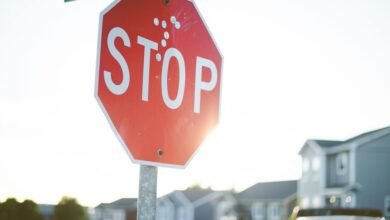597473721 User Response to Missed Calls by Segment

User response to missed calls varies markedly across different demographic segments. Younger individuals often prioritize immediate engagement, while older age groups show more relaxed response tendencies. Furthermore, professional contexts emphasize timely callbacks, contrasting with personal situations where delays are more acceptable. Understanding these patterns is crucial for effective communication strategies. This analysis raises important questions about how tailored approaches can enhance relationships and collaboration across various user segments.
Overview of User Segments
User segments in response to missed calls can be categorized based on various demographic and behavioral factors.
User demographics, such as age and occupation, significantly influence call frequency and response behavior. Younger individuals may prioritize immediate engagement, while older demographics might respond differently, reflecting varying communication norms.
Understanding these segments aids in tailoring communication strategies to enhance user engagement and satisfaction effectively.
Response Patterns to Missed Calls
While various factors influence how individuals respond to missed calls, distinct patterns emerge when analyzing their behavior.
Missed call etiquette often dictates that response urgency varies by context; for instance, professional settings may prompt immediate callbacks, while personal contexts might allow for delay.
These behavioral trends highlight the nuanced ways individuals prioritize communication, balancing social norms against personal time constraints and obligations.
Follow-Up Strategies and Their Effectiveness
Effective follow-up strategies play a crucial role in determining the outcome of communication attempts following missed calls.
Utilizing email reminders can enhance response rates, particularly when tailored to individual callback preferences.
By analyzing user engagement with different follow-up methods, organizations can optimize their approach, ensuring that their strategies align with user autonomy and preferences.
Ultimately, this increases the likelihood of successful communication outcomes.
Implications for Business Communication
Understanding the implications of missed calls on business communication is essential for fostering productive interactions.
Missed opportunities arise when effective communication is interrupted, creating barriers that can hinder relationship-building and collaboration.
Businesses must recognize the significance of promptly addressing missed calls to minimize these barriers, ensuring a seamless flow of information.
This awareness can lead to improved engagement and overall communication efficacy.
Conclusion
In the vast tapestry of communication, the threads of user response to missed calls weave intricate patterns across age and occupation. Younger individuals, like vibrant flames, flicker with urgency, while older demographics, akin to steady embers, reflect a more measured pace. In professional realms, the clock ticks with expectation, yet personal contexts allow for a gentler rhythm. Understanding these nuances not only enhances communication effectiveness but also nurtures relationships, ensuring that every call missed does not become an opportunity lost.




